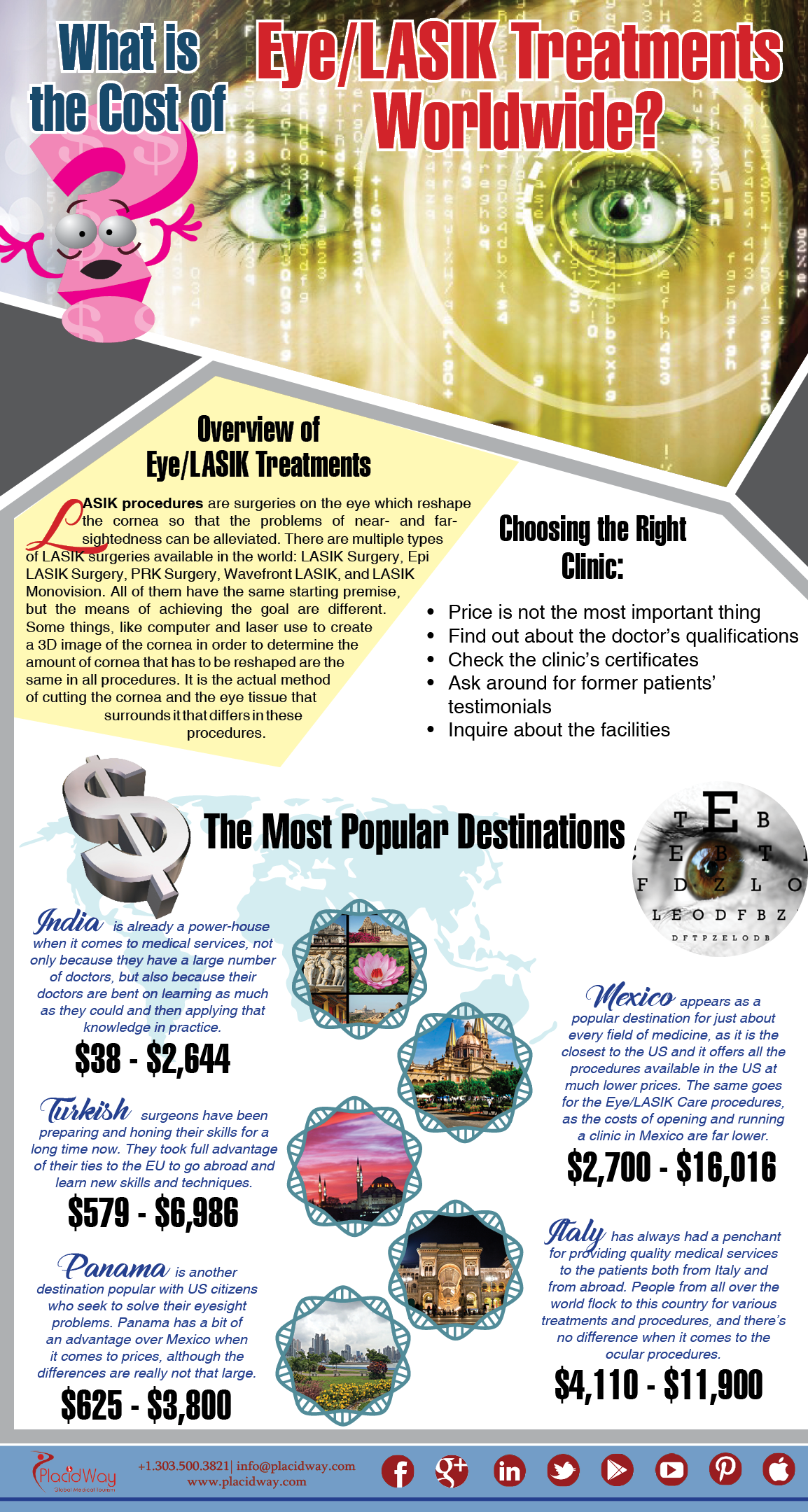Eager To Understand Refractive Lens Exchange? Explore Crucial Insights And Services That Could Substantially Affect Your Vision Experience
Eager To Understand Refractive Lens Exchange? Explore Crucial Insights And Services That Could Substantially Affect Your Vision Experience
Blog Article
Team Author-Blanton Rodgers
If you're considering refractive lens exchange, you probably have a lot of concerns. This treatment could transform how you see the globe, offering benefits like minimized reliance on glasses. However, it's essential to understand the process, threats, and who qualifies as a good prospect. Let's check out these important facets so you can make an informed choice about whether RLE is right for you.
What Is Refractive Lens Exchange and How Does It Work?
Refractive lens exchange (RLE) is a surgical procedure created to change your eye's all-natural lens with a fabricated one, remedying vision problems like nearsightedness, farsightedness, or presbyopia.
Throughout the procedure, your surgeon makes a tiny cut in the eye, eliminates your natural lens, and inserts an intraocular lens (IOL) tailored to your vision needs. This outpatient surgery generally takes about 15 to 30 minutes per eye and is carried out under neighborhood anesthetic.
You'll likely see renovations in your vision almost promptly, though full healing may take a few weeks. Does LASIK Eye Surgery Hurt is particularly valuable for those over 40 or with high prescriptions, using a durable option compared to glasses or call lenses.
Your eye care specialist can help determine if RLE is right for you.
What Are the Perks and Threats of Refractive Lens Exchange?
Picking refractive lens exchange can bring about significant improvements in your vision, yet it is necessary to consider both the advantages and dangers prior to choosing.
On the plus side, this procedure can boost your sight by dealing with problems like presbyopia, nearsightedness, and hyperopia. Lots of individuals take pleasure in minimized reliance on glasses or call lenses, which can significantly enhance their lifestyle.
However, it's vital to think about potential risks. Complications can include infection, glare, or halos around lights.
There's additionally a chance of overcorrection or undercorrection, which might need additional procedures.
That Is an Ideal Candidate for Refractive Lens Exchange?
If you're taking into consideration refractive lens exchange, it's important to recognize whether you fit the profile of an ideal prospect. Typically, you may be a good prospect if you're over 40, experience presbyopia, or have high levels of nearsightedness or farsightedness.
It's additionally essential that your vision is stable, indicating your prescription hasn't altered substantially in the past year. If you have cataracts or various other eye problems, you might gain from this procedure also.
However, just click the up coming internet site , like uncontrolled diabetic issues or autoimmune diseases, could disqualify you. To identify your candidateship, seek advice from an eye treatment expert that can assess your details scenario and suggest the best strategy tailored to your needs.
Final thought
Finally, refractive lens exchange can be a transformative choice for improving your vision, specifically if you're over 40 or have a high prescription. While the benefits are substantial, it's important to weigh the dangers and seek advice from your eye treatment expert to identify if you're a perfect candidate. With the ideal info and support, you can make an informed choice and possibly delight in a life with decreased reliance on glasses.
